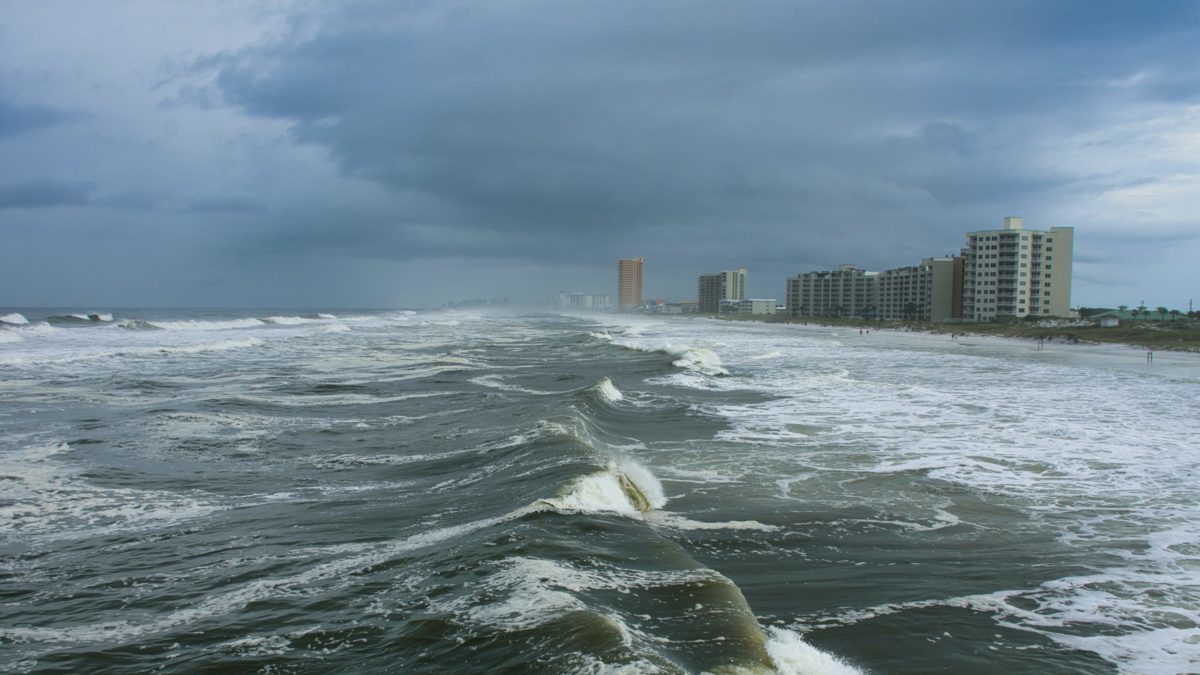Skift Take
A hurricane is considered a typical force majeure event, but if a business event is canceled before it makes landfall in an area not under an evacuation order, are you still protected?
Hurricane Ian barreled across central Florida on Wednesday, bringing 150 miles-per-hour winds, heavy rains, life-threatening flooding, and power outages for over 2.5 million people. As a result, major airports were closed, and numerous events were canceled.
Ian is headed to Georgia, South Carolina, and North Carolina, impacting events and travel there.
Governor Ron DeSantis declared a State of Emergency in 24 counties in Florida on Sept. 23, but the path of hurricanes is notoriously difficult to predict, and Ian has been no exception.
This leaves event planners in a difficult position to decide whether to cancel their event, sometimes on very short notice and how to incur minimal financial losses. Cue in force majeure, a clause found in most meeting contracts, which may or may not protect the parties from liability, depending on the terms of their contract.
Hurricanes are considered a typical force majeure event, legally defined as an incident that prevents performance by either party, over which neither party had any control.
The next question is, if a meeting or event was canceled before the hurricane made landfall and the area wasn’t under an evacuation order, will force majeure still protect the planner?
“Every situation depends on the terms of the contract and any force majeure clause as well as the facts in the location,” commented Lisa Sommer Devlin, hospitality industry attorney and founder of Arizona-based Delvin Law Firm. “If a group canceled the contract for business reasons before the hurricane, it owes damages. You can’t claim force majeure ‘after the fact.’”
Planners need to address the situation on a case-by-case basis, Sommer Devlin recommends. “What is the status of the venue? In Miami, meetings can likely go forward. In Sarasota, probably not, depending on when it is scheduled. There is no blanket answer. Of course, if the area is under an evacuation order, you can’t have an event.”
Declaration of State of Emergency would typically trigger the force majeure clause, noted hospitality contract attorney Jonathan T. Howe, founding partner of Chicago’s Howe & Hutton law firm. He also stressed the importance of drafting detailed contracts that address not only force majeure but a variety of adverse incidents.
“Covid gave us all a lesson in force majeure,” he said. “Contract design and negotiations now take on a whole new format based on what we’ve been through,” he said. “In my contracts, I use force majeure as defined legally but also include other terms, such as potential remodel or rebranding, that would allow for the most flexibility to discuss reformatting and postponing the dates.”
Society of Permanent Cosmetic Professionals canceled their annual convention scheduled for Oct. 1 – 3 in Orlando on Sept. 27 and enforced the force majeure clause.
“We will not be charged by the hotel and will receive our deposit back,” commented Beth Plancon, the event’s administrator. “Our attendees will receive a partial refund as we’re still having the educational part of the event during the originally scheduled dates virtually. Exhibitors will receive a refund but, unfortunately, have already incurred shipping fees, as have we, and I have to work on getting their packages sent back to them remotely.”
When asked what it was like to decide to cancel so close to the event, Plancon said: “We were trying to make it work so much, but when the airport closed with no reopen date, and they said they may be shutting off power, we just couldn’t risk it. It was no longer safe.”
As the potentially deadly storm makes its way up the coast, planners face difficult decisions about their events. Howe advises them to have ongoing conversations with the properties as conditions change.
“Based on the conversations I’ve had in the past few days, everyone is trying to work out some kind of compromise,” he said. “No hotel I’m aware of right now has taken a position of not allowing someone to get out of their contract or to postpone their program. It’s the deal where parties will have to work on it together.”





